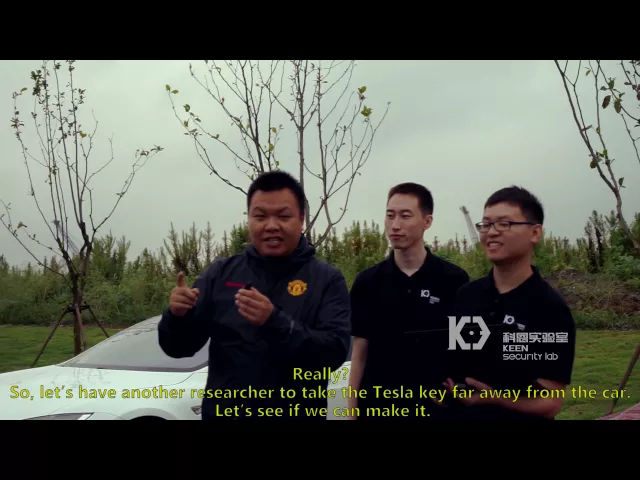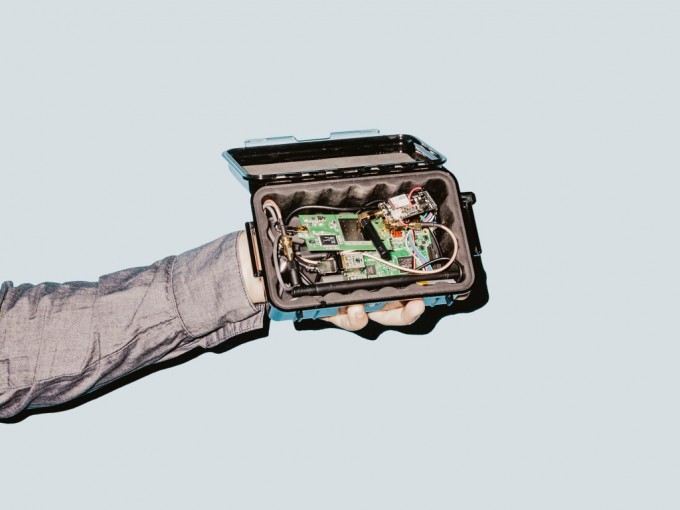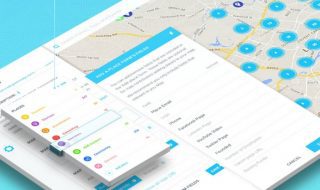
On the 20th of September, the Department of Transportation revealed safety measures for driverless cars. The guidelines include a safety assessment that define federal expectations for the testing and manufacturing of autonomous cars. According to the DOT, these regulations were set forth in order to establish a framework for car manufacturers.
Industry sources predict that driverless cars will start hitting the road by 2020. In terms of timing, these standards have been released far in advance of the release of commercially available driverless cars. Rather than waiting for states to create laws on this issue, the federal government is acting now. This will streamline concerns regarding regulations for automakers, and get driverless cars on the roads faster. What is the rush?
The government sees the potential to save lives with autonomous cars. There are many situations that increase our risk of getting into an accident while driving — and automated cars can help. Driving while inebriated, or driving at night can be risky. As baby boomers continue to retire, the influx of aged drivers will rise. The elderly, with unique driving challenges, will benefit from driverless cars as well.
But will automated vehicles be safe? A driverless car, like any gadget in the Internet of Things, has vulnerabilities that hackers can exploit. In this article, we will be looking at several known exploits, and how they could lead to these worst case scenarios in our driverless future:
Your car could be put up for ransom.

Ransomware’s next target: Your car and your home
With technological advancements, modern cars are becoming more similar to smartphones than ever before, in terms of functionality and connectivity. With these innovations come vulnerabilities. Just as a smartphone is susceptible to malware and hackers, your car can also be a potential target.
Anyone who has had to deal with ransomware, for instance, knows how frustrating it can be. Ransomware is a type of malicious software intended to block access to a computer until payment is received. Automated vehicles could be attacked in this way. The idea of a vehicle being remotely “stolen” in this manner may seem crazy, but it is a real concern. Imagine your car being stuck, with a taunting demand for payment appearing on your dashboard. This could become a reality.
Your car could be controlled remotely to kill you.

Tesla fixes software bug that allowed Chinese hackers to control car remotely
Wireless carjacking is not a new phenomenon. With vehicles that are connected to the internet, hackers are able to control every function of the car remotely. Remotely tampering with the volume of the radio or adjusting the air conditioning seems innocent enough. But cutting the transmission, disabling the brakes, and seizing control of steering can lead to fatal consequences.
It doesn’t even take a tech whiz to tamper with driverless cars. Trolls can use a simple laser pointer to “fool” a car into thinking that a car or pedestrian is present where they are not. This can cause the vehicle to make emergency swerves to avoid a collision that never would have happened. Inevitably, this will lead to situations where those with bad intentions could send these cars off the road, possibly into dangerous situations.
As absurd as it may seem, remote control of a car could even be used to kill someone while they are sleeping. If the vehicle is remotely started while it is in a garage, carbon monoxide could be a serious threat. This issue arose at the beginning of the year, when multiple media outlets covered the surge of carbon monoxide poisonings due to flaws in keyless ignition systems.
Your car could give your personal information away.

This Gadget Hacks GM Cars to Locate, Unlock, and Start Them (UPDATED)
Digital privacy advocates already have problems with tracking on mobile devices. A great deal of personal information is stored on your smartphone. Autonomous vehicles will store even more data about what you do and where you go. Certainly, this will compound the lack of digital privacy.
Driverless cars collect a lot of data about each person that hitches a ride. Like a smartphone, personal information including places you’ve travelled, where you live, and who you associate with are logged. Cameras and sensors in these vehicles also capture an incredible amount of information.
Hackers could access this information. They may choose to sell or leak it to the public. In the past, we’ve never had to worry if our transportation was going to snitch on us. Welcome to the future.
If you are interested in learning more about the future of hacking, and the unusual ways in which it might evolve, check out this article.




